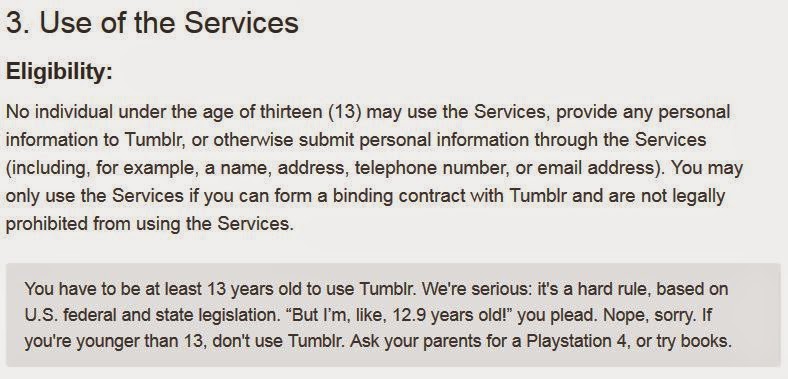Defining Cyberbullying

According to Dr. Kate Roberts, Boston-based psychologist and cyberbullying expert, cyberbullying is the use of technology to harass, hurt, embarrass, humiliate or intimidate another person. “Targets are the same students who are bullied in person,” says Roberts. “They are vulnerable, have difficulty reading social cues and they are often alone and socially isolated.”
Unfortunately, cyberbullying is able to occur 24/7 with the help of cell phones, instant messaging, mobile devices and social networking websites. “According to recent studies, almost half of middle and high school students have experienced or witnessed cyberbullying,” says Roberts.
Kids respond differently to abuse from others, says Jennifer Hancock, author of “The Bully Vaccine.”
“Parents need to understand that cyberbullying isn’t happening in isolation,” says Hancock. “It is a part of a larger pattern of harassment, that in the adult world would be considered stalking – and it is as emotionally damaging as stalking – so take it seriously.”
Knowledge is Power
Today’s parents consist of the first generation that has had to contend with this level of cyber harassment, says Roberts. Parents, however, can arm themselves and their children with knowledge when protecting their children against cyber bullies.
- Have the ‘Cyberbullying’ Conversation: Children don’t like to talk about bullying, but according to Roberts, “the reason for this is they have likely bullied themselves, been bullied or been a bullying bystander and the talk brings up these memories and feelings of shame.” Parents need to have an open conversation and respond without judgment as their children open up about what they know.
- Explain How What You Don’t Know Does Hurt You: Some kids minimize or justify cyberbullying by saying that the target didn’t even know what was said. Roberts suggests explaining to your kids that it still hurts. “Use their life experiences to illustrate how badly they feel when people talk about them negatively,” she says.
- Set Cyber Safety Rules: Whenever your children interact online, remind them that they never really know who is on the other end of cyber communication. With that in mind, Roberts recommends enforcing the guideline of “don’t do or say anything online that you wouldn’t do or say in person.”
- Monitor Online Use: Know what your children are doing online to help them prevent cyberbullying and cope with it. Limit time spent on technology to naturally minimize access to and involvement with cyberbullying, suggests Roberts.
Your child’s school may be the best advocate for prevention of cyber bullying and, more importantly, enforcement of cyber bullying school policies, especially if your child is a victim. If you fear that your child is a target of cyberbullying, Roberts suggests getting to know the school administrator in charge of overseeing bullying.
“If you discover that your child is being cyber bullied, save the URLs of the location where the bullying occurred and document it by printing the e-mails or web pages,” says Roberts.
Many school districts enforce a “no tolerance” bully policy that now includes cyber bullying. In addition, school officers and law enforcement officials often monitor the social media accounts of middle and high school students to prevent cyber bullying.
The best thing you can do, as a parent, is engage your child over time to develop a strategy with them and make reporting a central part of that strategy, says Jennifer Hancock, author of “The Bully Vaccine.”
“Whatever strategy you develop has to be comprehensive and your child has to take the lead on it with your support and assistance to report any incidents,” says Hancock. “They probably won’t be willing to disconnect entirely, but perhaps you can convince them to ban certain individuals from their Facebook stream so that they don’t see the content anymore.”
Unfortunately, many kids do not tell their parents about cyberbullying because they fear the parent’s first response is to get rid of the child’s access to the Internet. Be more creative, says Hancock. “Help them keep their access to the Internet but eliminate the people harassing them,” she says. “That works to instill trust and helps your child come to you for help in the future.”
Seek help from outside resources, too, such as your child’s peers, friends and neighbors, and ask them to inform you of any cyber bullying that may be occurring and affecting your child. In many cases, children who have been bullied – either online or offline – may benefit from sessions with a family therapist to discuss coping methods.







